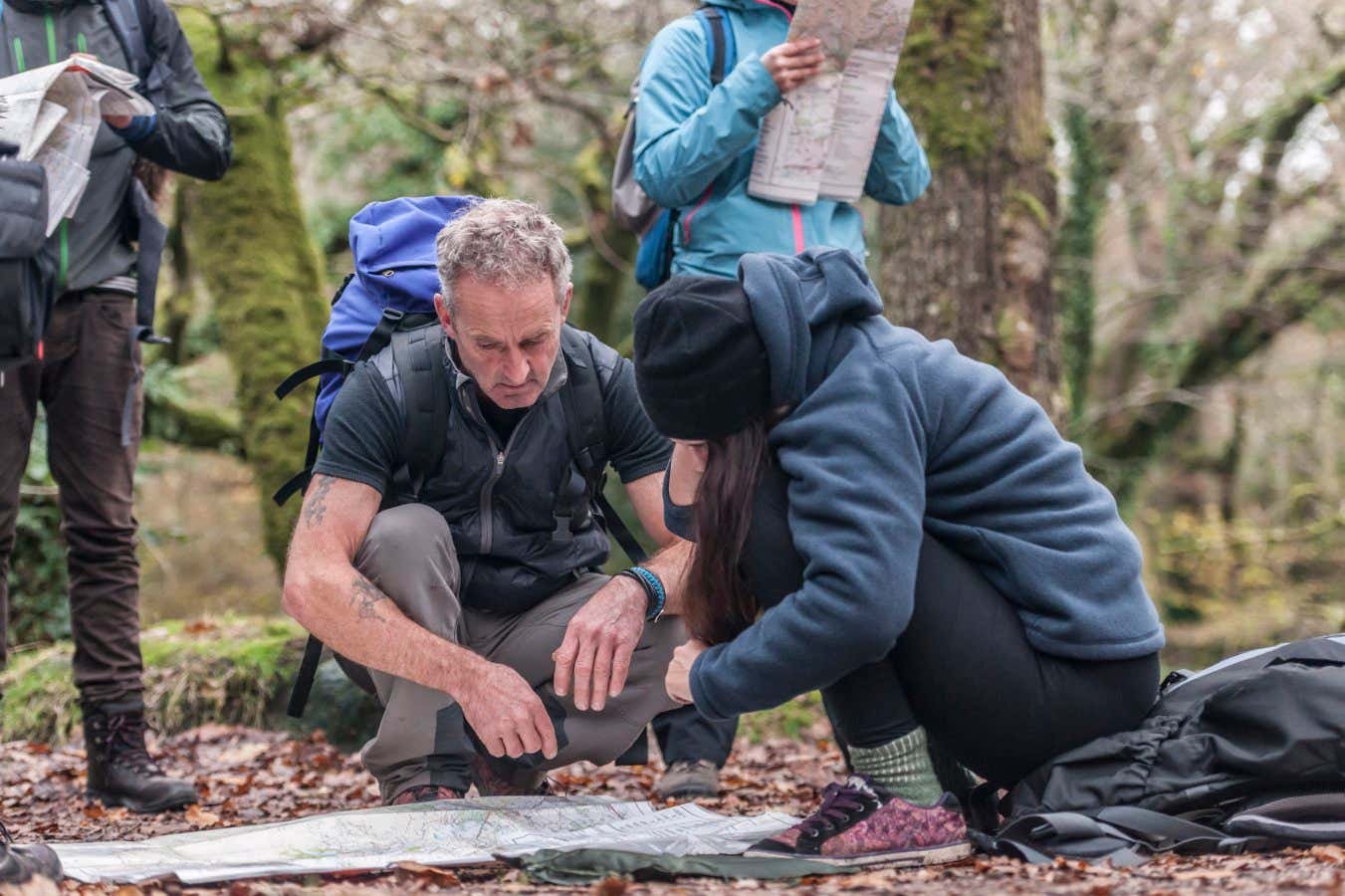
Men may have better navigational skills than women if they were encouraged to play outside more as children
Colin Hawkins/Getty Images/Image Source
Men really do tend to have a better sense of direction than women, which is probably due to differences in how they were raised rather than improved navigational skills being an evolutionary trait.
Previous studies have found that men slightly outperform women on spatial navigation tasks. Some researchers have suggested this may be due to evolution because, in prehistoric times, men typically traversed large distances to hunt, while women often stayed closer to home. This might have resulted in a selection pressure on men to develop enhanced navigation skills.
But if that were the case, those genes would also be passed to female offspring, unless they were on the Y chromosome, says Justin Rhodes at the University of Illinois Urbana-Champaign. “A really obvious alternative is culture,” he says. “It plays a huge role in what men and women experience.”
For example, boys may receive more encouragement to play outside, compared with girls, which could help them hone their navigational skills, he says.
To investigate this idea, Rhodes and his colleagues collected data from 21 species, including humans, that included information on their spatial navigation skills and how far they travelled from their homes, on average.
If natural selection were at play, you would expect the sex that travelled further from home to have better navigational skills, with this being consistent across species.
Instead, the team found that among all the species, males were slightly better at navigating than females, even though in some species, such as the rusty crayfish (Faxonius rusticus) and the little devil poison frog (Oophaga sylvatica), the females had the larger home range.
The findings suggest that navigational differences between men and women may be cultural. They could also be a side effect of biological variations between men and women, as well as between male and female animals. Hormonal differences, for example, “may affect all kinds of traits”, says Rhodes. Providing those traits don’t hinder reproduction, “evolution doesn’t care”, he says.
In a previous spatial navigation study involving men and women who had experienced similar upbringings, there was no difference in these skills.
“The authors show in a very comprehensive way that sex differences in spatial ability are more likely acquired, for instance through culture,” says Antoine Coutrot at the French National Centre for Scientific Research. “Spatial ability is much like all cognitive abilities: the more you use it, the more you have it.”
Topics:

Felecia Phillips Ollie DD (h.c.) is the inspiring leader and founder of The Equality Network LLC (TEN). With a background in coaching, travel, and a career in news, Felecia brings a unique perspective to promoting diversity and inclusion. Holding a Bachelor’s Degree in English/Communications, she is passionate about creating a more inclusive future. From graduating from Mississippi Valley State University to leading initiatives like the Washington State Department of Ecology’s Equal Employment Opportunity Program, Felecia is dedicated to making a positive impact. Join her journey on our blog as she shares insights and leads the charge for equity through The Equality Network.





Your writing is a linguistic labyrinth, and readers willingly get lost in the maze of your ideas. The twists and turns of your prose create an exhilarating journey where each discovery is a revelation, and every corner holds a new insight.
Simply desire to say your article is as surprising The clearness in your post is simply excellent and i could assume you are an expert on this subject Fine with your permission let me to grab your feed to keep up to date with forthcoming post Thanks a million and please carry on the gratifying work